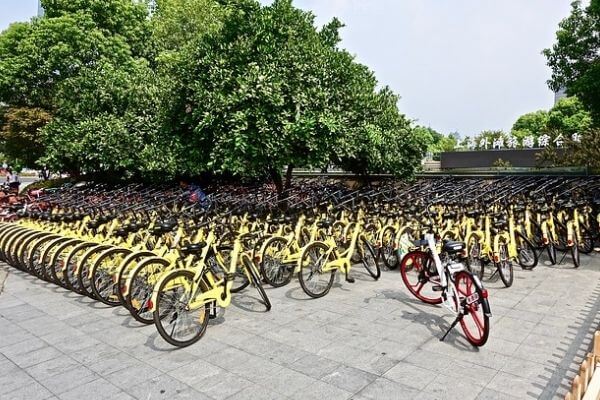
Following the first blockchain alliance "City Regulation Chain" launced in July 2020, this is China’s first mobile tool that uses blockchain technology to obtain evidence on mobile applications.
In December 2020, the forensic APP based on blockchain technology was released in Hangzhou City, Zhejiang Province. After Zhejiang Province launched the first blockchain alliance "City Regulation Chain" (市监链) of the national market regulation system and its application platform launched in July, it is China’s first mobile tool that uses blockchain technology to obtain evidence on all sorts of mobile applications. The forensic APP will play a significant role in the regulation and law enforcement of mobile applications such as social media, Livestream e-commerce, etc.
The forensic APP launched this time applies technologies such as blockchain, electronic signature and electronic data identification to the entire process of obtaining evidence. Also, the APP can take photos and record the screen, video or voice for evidence preservation. Besides, the APP enables regulation and enforcement officers to obtain evidence on relevant phone applications, mini programs, and live broadcasts anytime and anywhere, and the system will automatically generate an evidence document containing the blockchain information. Market regulatory staff in Zhejiang Province can download the APP by scanning QR codes or searching for "City Regulation Assurance"(市监保) in the App Stores.
Reportedly, the blockchain application platform launched preliminarily has provided more than 167,000 market regulation and enforcement officers with over 33,000 pieces of fixed evidence on the webpages, greatly improving the efficiency of collecting and fixing evidence.
Contributors: Yanru Chen 陈彦茹









